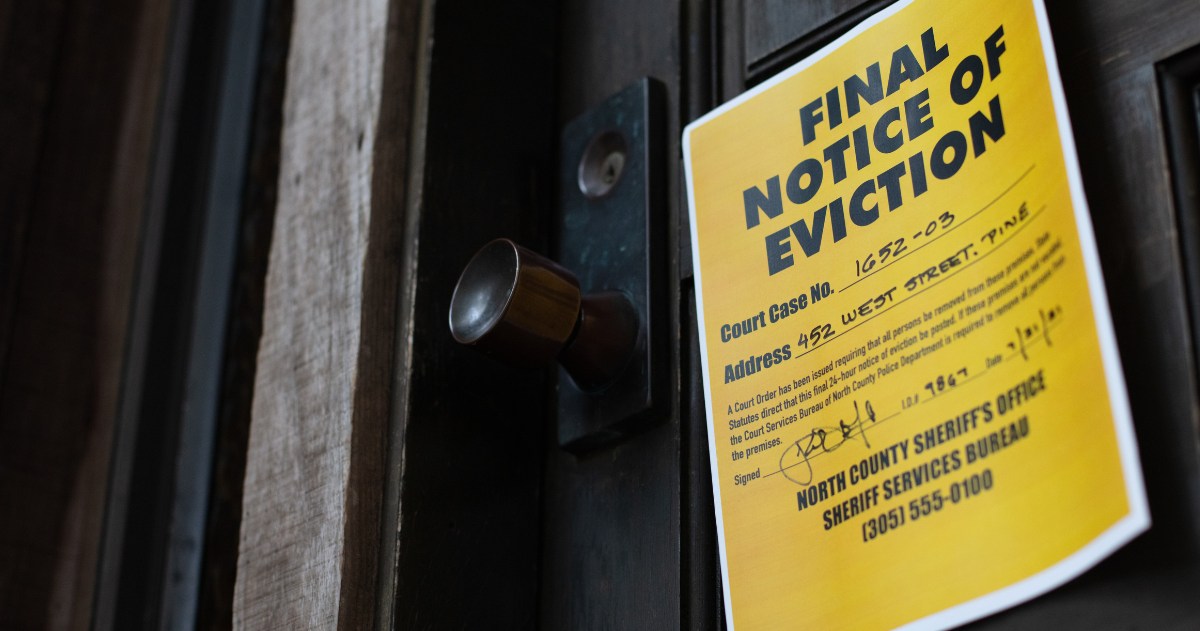The day has finally come that all rental property owners have been dreading – the Residential Tenancies Act is being tightened in Ontario to make it almost entirely tenant-centric with the Rental Fairness Act. The only possible positive is the introduction of a standardized lease which will make it harder for bad tenants to wiggle out of tenancy agreements, but it is a slim silver lining.
No rental increases above Ontario government guidelines – including utilities
While it was expected that the Ontario government would roll back the 1991 rule which exempted buildings built after 1991 from rent control guidelines, the Ontario government has added an additional burden for landlords in that you can now not increase rent to allow for increased utility costs. For smaller landlords with single-dwelling properties, this means that most utilities – especially hydro – should no longer be included in rent.
For owners of multi-tenant properties where units are not individually metered, this is highly problematic and doesn’t seem to have any solution, apart from retrofits to submeter the property, applying to the Landlord & Tenant board for an above-guideline increase, and lobbying your MPP.
Applying for an above-guideline increase to the Landlord & Tenant Board
It is worth noting that an above-guideline increase can be no more than 3% above the guideline, which will not account for the majority of utility increases. Additionally, the tenant must agree to it. This makes an above-guideline increase hardly worth the trouble, but if your tenant is agreeable, 3% is better than nothing – especially if you have a tenant who is in your property for the long haul.
First, refer to our post about dealing with the Landlord & Tenant Board. Secondly, you will have to use the N10 form that you can find on this page.
Moving into your own property just got more expensive
Thanks to the small number of landlords who were using N12 forms (Notice to End Tenancy because a landlord, purchaser or family member requires the unit) for any excuse to get a bad tenant out rather than their intended purpose, moving into your own unit or selling it just got more difficult. You now need to offer another unit to your tenants or compensate them with a month’s rent, on top of the usual N12 requirements of 60 days notice (and notice must be given until the end of the month – for example if you generated the N12 on October 15, the tenant has until December 30th to move out, not December 15). Under the new guidelines, the landlord or family member has to also live in the unit for at least a year.
This move will only penalize landlords who actually want to use the N12 as intended – bad actors will continue to abuse it and will happily pay an extra month’s rent and risk going through a Landlord & Tenant Board hearing if a former tenant sees the unit back up for rental at a higher price in a few months and goes to the trouble of complaining to the Landlord & Tenant Board about it.
Why the Rental Fairness Act was implemented
There were a number of landlords in Toronto and the GTA that used the 1991 rule in the past year to raise rents well above guidelines, and this led to a series of investigative news reports which highlighted both the 1991 rule and the provision for landlords to take over the unit for personal use as loopholes a small number of landlords were using to either raise rent by high percentages or claim that they were evicting the tenant for personal use of the unit when they really weren’t.
Despite the fact that this does not describe the behaviour of the majority of landlords in Toronto and the GTA (and certainly not our clients), the Ontario government caved in to public pressure and implemented the Rental Fairness Act to stop these practices without offering additional resources to landlords, which they could have in the form of streamlining applications to the Landlord & Tenant Board.
How a Property Management Company can help landlords
Highgate has a proud, long history of managing and selling investment and rental properties in Toronto and the GTA. Before you consider selling your rental property because you think it isn’t worth the hassle, get a free consultation with us. We’ll be very straight with you as to whether or not it is worth holding on to your property, and manage it above and beyond the requirements of the Rental Fairness Act if it is worth keeping – all while keeping an eye on your bottom line. If you decide to sell, we happen to be Realtors as well, and will give you service tailored for investment properties. Contact us today to find out why now is the best time to consider a property management company.
Resources:
Landlords who evict tenants for their own use will have to provide compensation, Toronto Star, April 27 2017
What landlords need to know about the Ontario Landlord & Tenant Board, Highgate Properties Blog, March 2017





